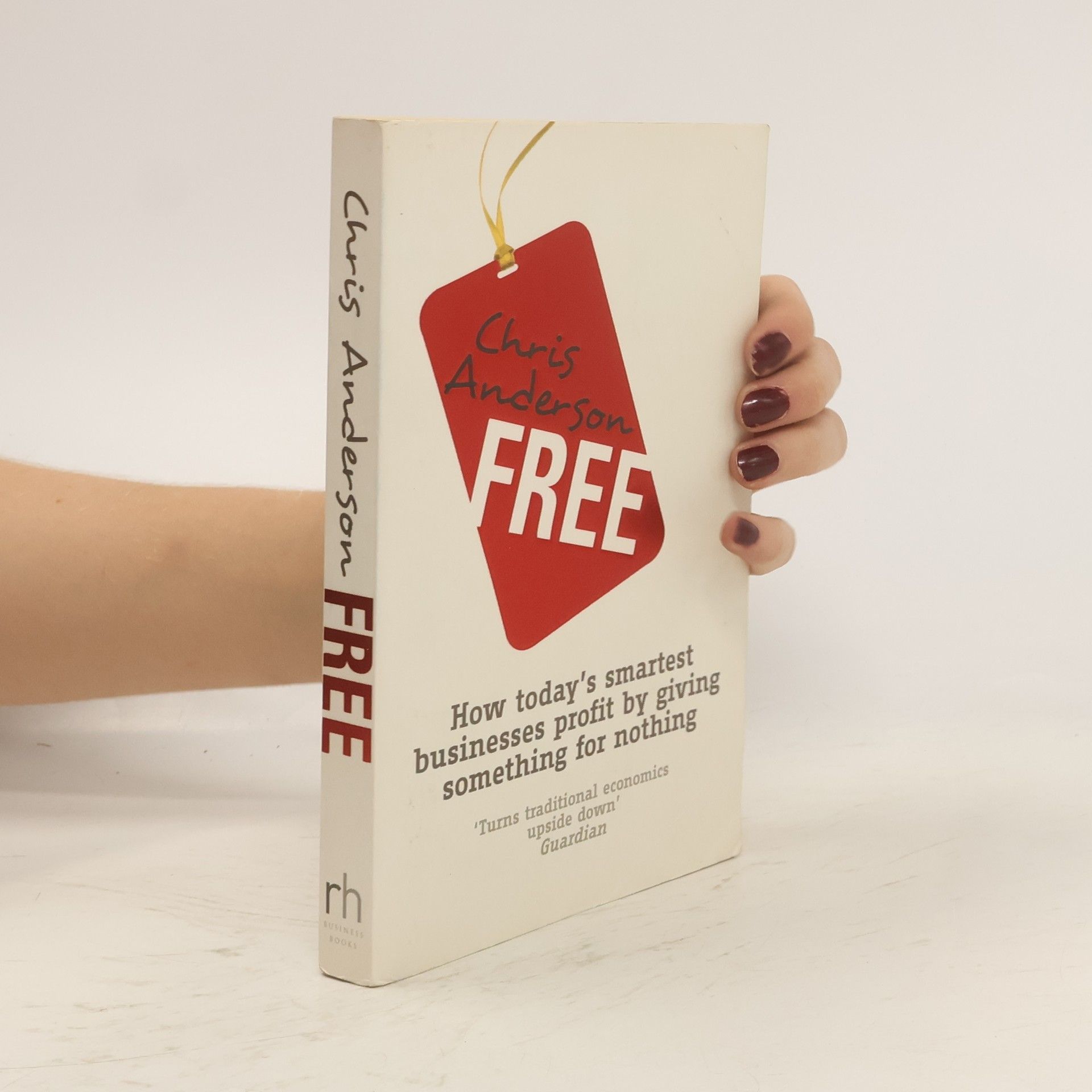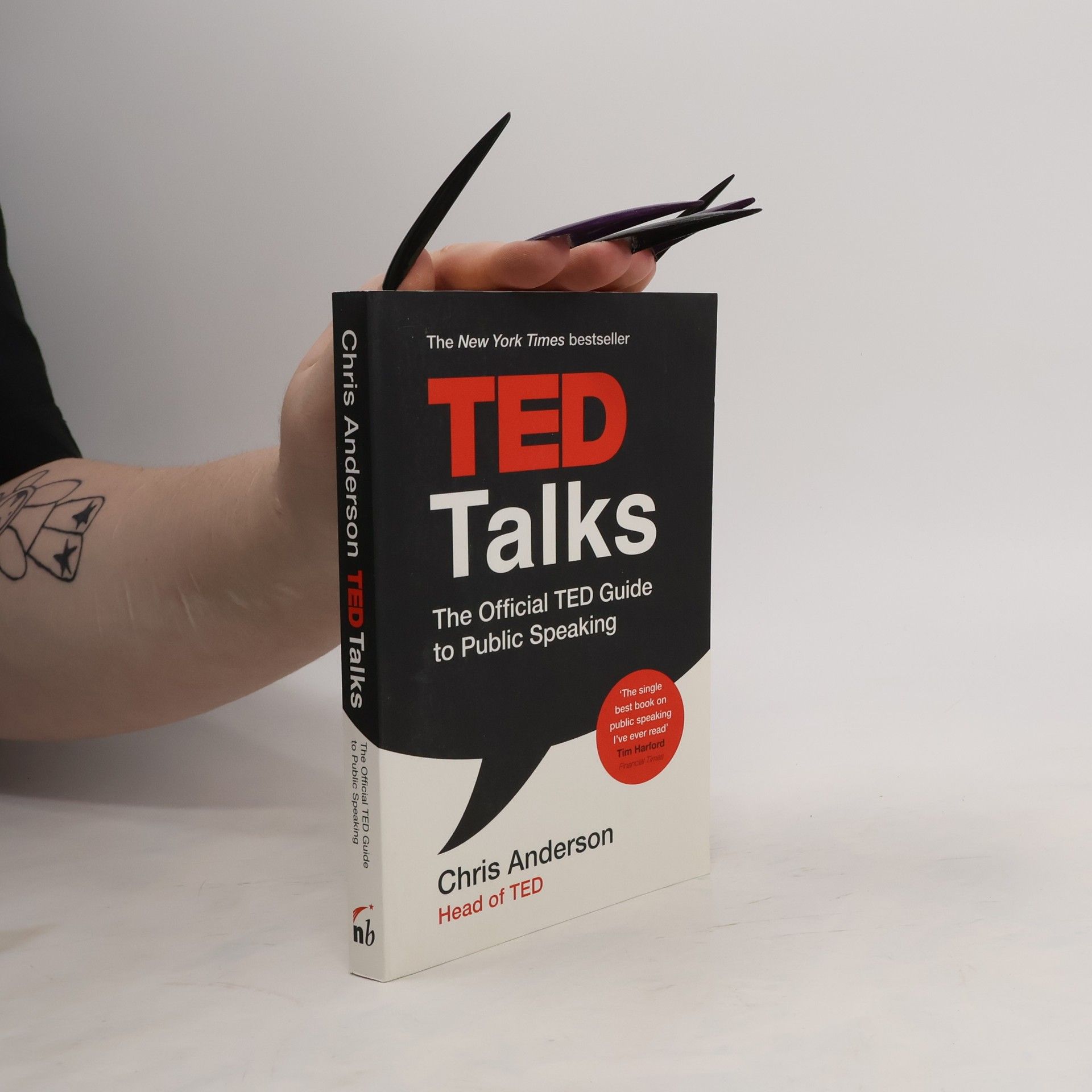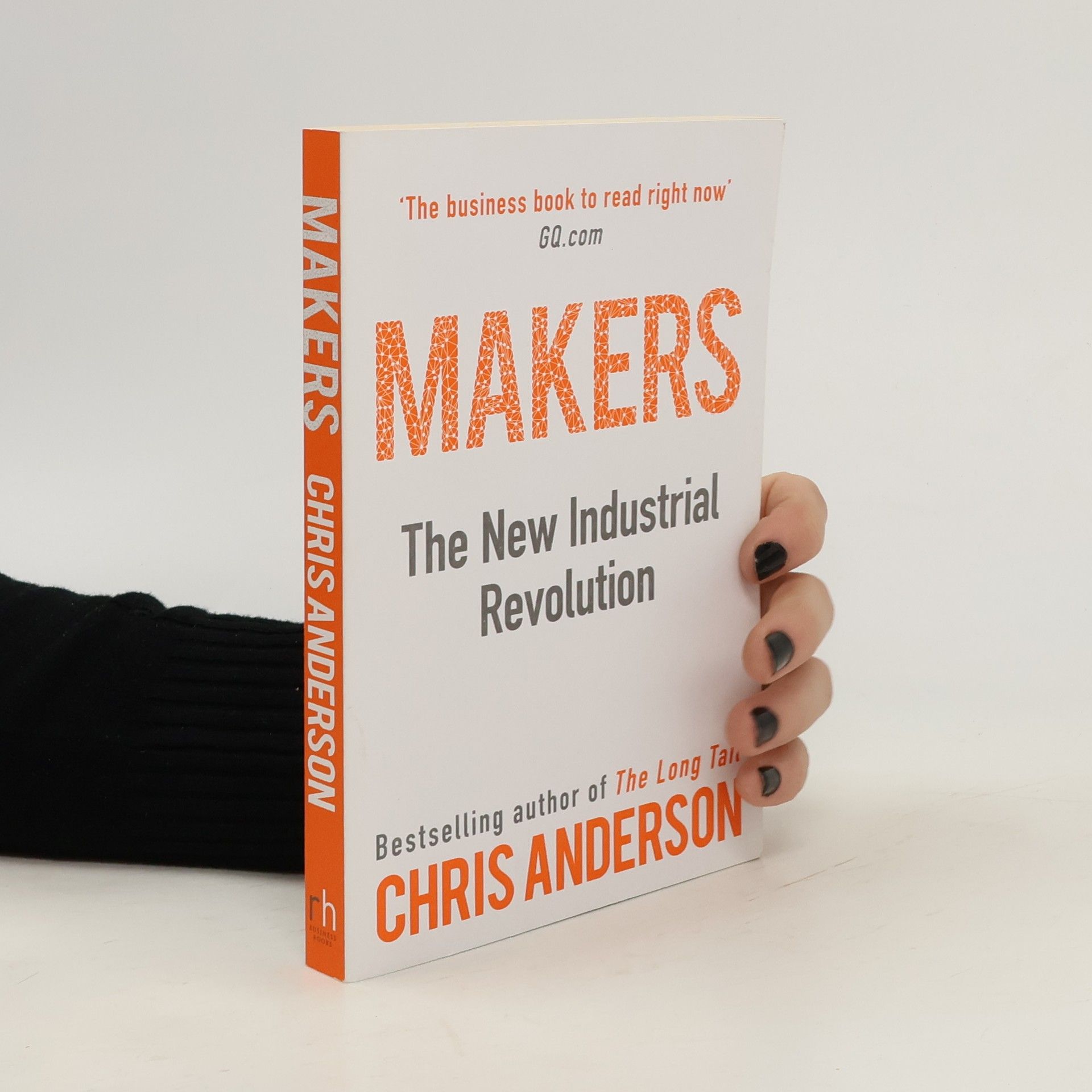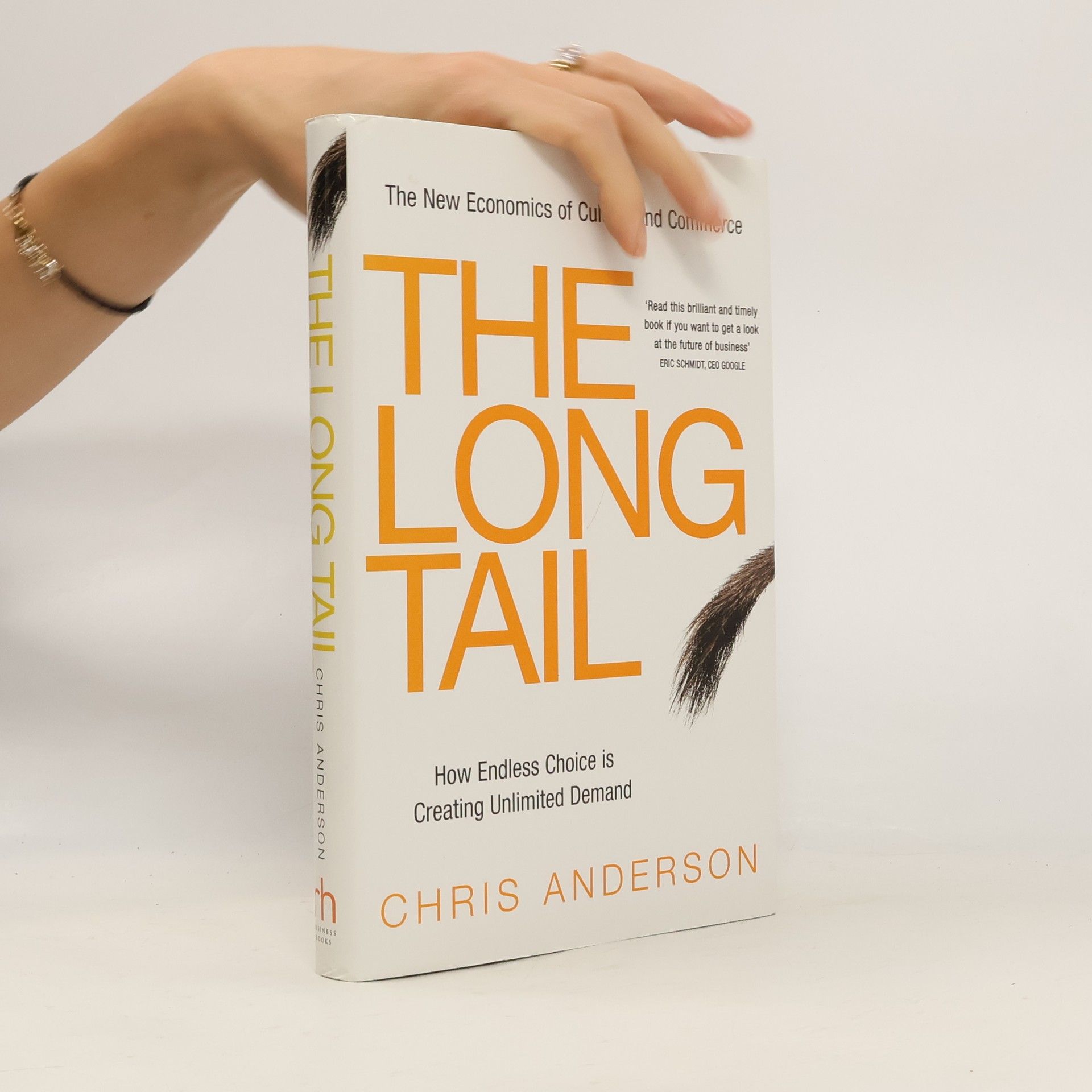The Long Tail Waarom we in de toekomst minder verkopen van meer
- 256bladzijden
- 9 uur lezen
In 2004 werd het eerste artikel over The Long Tail gepubliceerd in Wired, het grootste tijdschrift over nieuwe media in de Verenigde Staten. Het werd het meest geciteerde artikel van het blad ooit. Alle reacties leidden tot verder onderzoek en uiteindelijk tot dit boek. Gebaseerd op de ervaringen bij onder andere Google, LEGO, Amazon, iTunes, eBay en Wikipedia beschrijft Chris Anderson de belangrijkste krachten die ten grondslag liggen aan The Long Tail: de democratisering van productie, van distributie en van communicatie als gevolg van de opkomst van internet en andere nieuwe media. En ook hoe we hierop in kunnen spelen met behulp van de 9 regels voor het creëren van een succesvolle LongTail-markt. 'Als je The Long Tail niet al gelezen hebt, moet je het snel doen... Chris heeft een unieke visie ontwikkeld over hoe het web zorgt voor nieuw koopgedrag en marketingfenomenen. Dit is een ongelooflijk stimulerend boek voor alle ondernemers.' Andy Lark, voormalig Vice President Sun Microsystems








